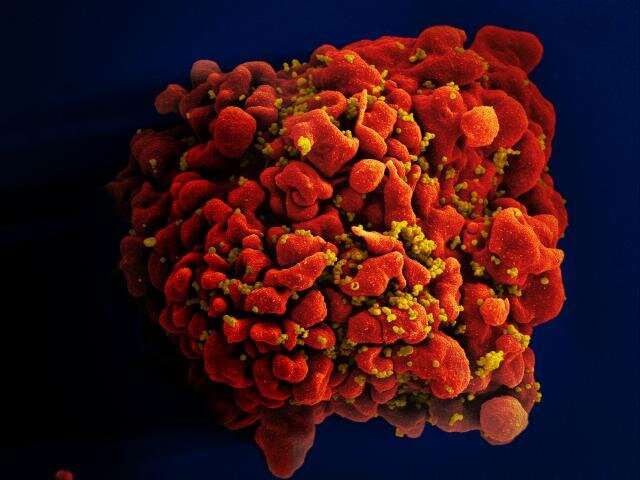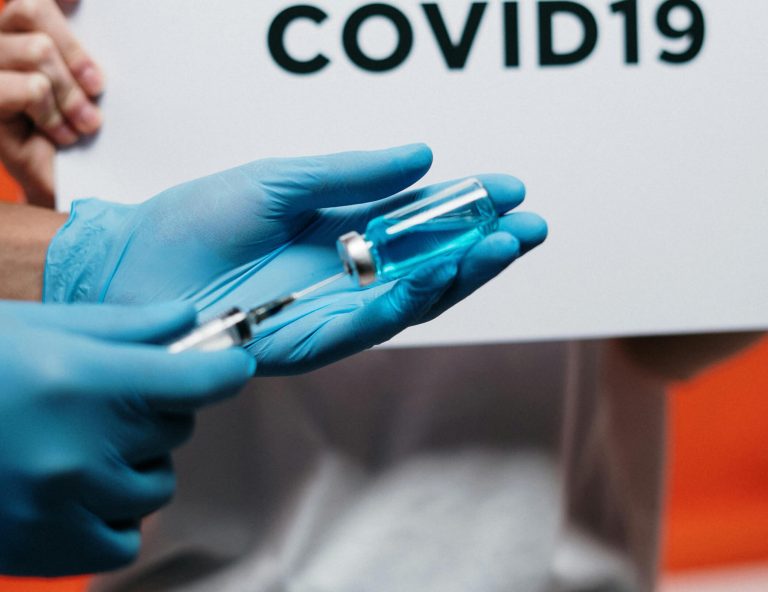Posted inHealth Blog
Dopamine: The pathway to pleasure
Dopamine can provide an intense feeling of reward. Dopamine is most notably involved in helping us feel pleasure as part of the brain’s reward system. Sex, shopping, and smelling pie baking in the oven can all cause dopamine release, often known as a "dopamine rush."This feel-good neurotransmitter also plays a role in reinforcement. That is why, after tasting one of those pies, we may return for another (or two, or three). Dopamine's darker side is…






